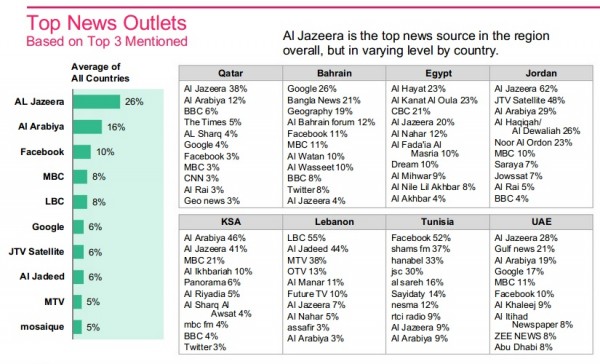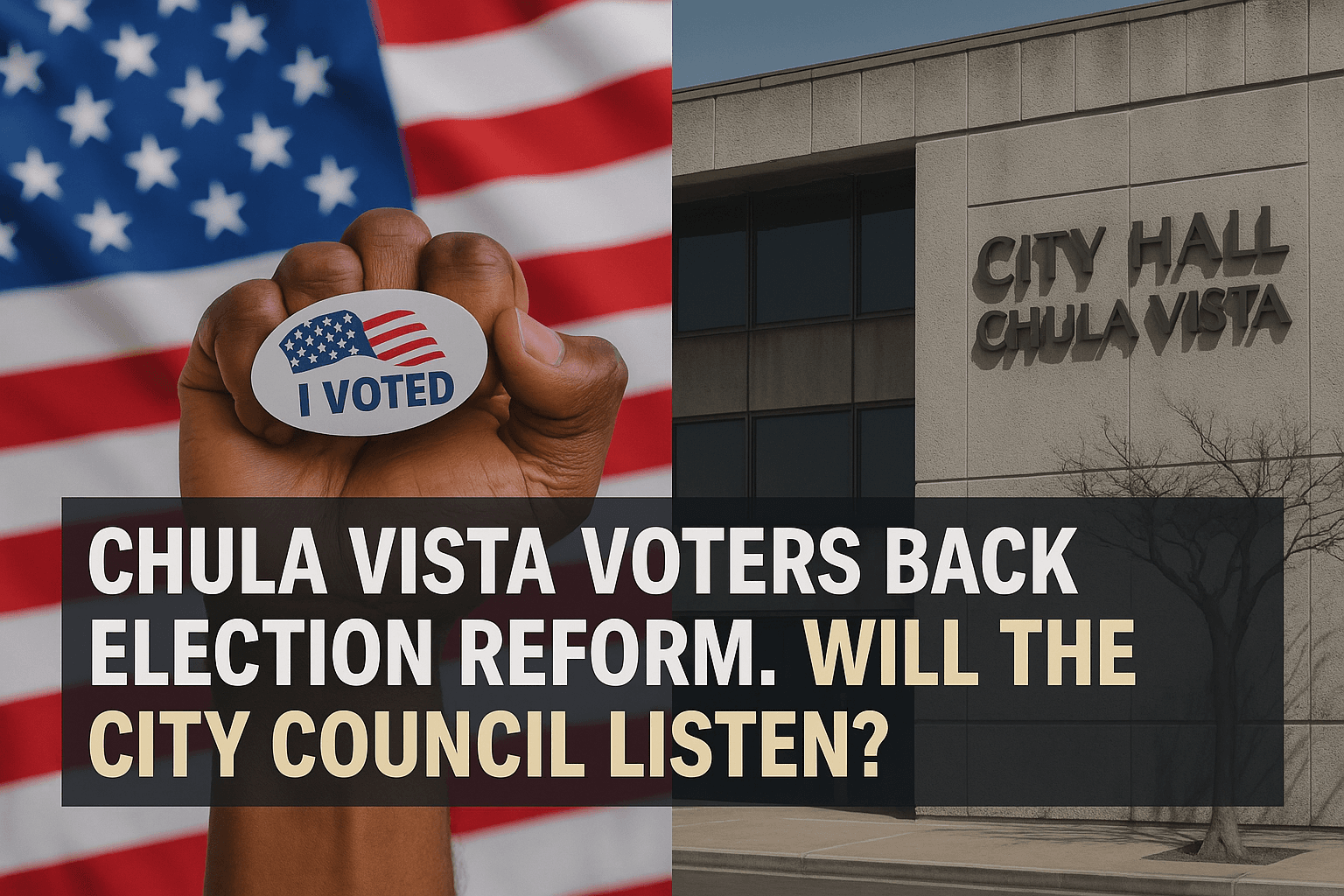In Arab Nations, Facebook is the Third Most Popular News Source

Distrust in traditional media sources is not limited to the United States and is prevalent in nations in the Middle East, according to recent research conducted by Northwestern University in Qatar.
The survey focused on eight countries in the region: Qatar, Bahrain, Egypt, Jordan, Saudi Arabia, Lebanon, Tunisia, and the United Arab Emirates (UAE). When asked about the credibility of news media, only 48 percent of respondents responded positively. Broken down by nation, trust in the media is lowest in Tunisia, Lebanon, and Egypt, hovering roughly at 25 percent.
In place of traditional media, Middle East nations are increasingly turning to social media to gather and share news. In fact, Facebook is now the third most popular news source in Arab nations, topped only by Al-Jazeera and Al-Arabiya.

In Tunisia, for example, Facebook is the number one source for news, with 52 percent of respondent reporting they use Facebook more than any other source to gather news.
One of the study's lead researchers, Northwestern journalism professor Justin Martin, points to the nature of information sharing prevalent in the region. In Arab nations, interpersonal sources are a primary source of credibility when sharing news and current events, as is the Internet. Social media combines these two functions, providing users an online newsfeed populated with information shared by their friends and family.
"Arabs, maybe more than any other culture around the world, have these anchored communities where they receive and share news and information and they tend to go there often for news and they tend to trust the information from their anchored communities," Martin explains.
The social sharing of news and information, consequently, is an extension of their trust in anchored communities and their social nature, something lacking in Western countries.
In Bahrain, for example, 99 percent of everyone online uses social networking sites. In the United States, that number drops to 67 percent, drawing attention to the importance of interpersonal connections in the Middle East. While Americans are increasingly turning to social media for news, their activities on the Internet range significantly. In Arab nations, however, respondents' primarily use the Internet for instant messaging, resulting in higher rates of social media use among Internet users.
At the top of the list of social networks used in the Middle East is Facebook, with 94 percent of social media users logging on to the site.
Facebook's popularity among Internet users in the Middle East arose in 2010, when it played an instrumental role in facilitating the Arab Spring protests. Dubbed the "Facebook Revolution," the Arab Spring showcased the capacities of an online service and the power a social network can have on society as a whole.
Facebook allows for the free flow of information, unfiltered news, collaborative efforts, and organization at a speed that was previously unavailable.
With trust in the media declining in both the Middle East and America, the future of the news is social.



